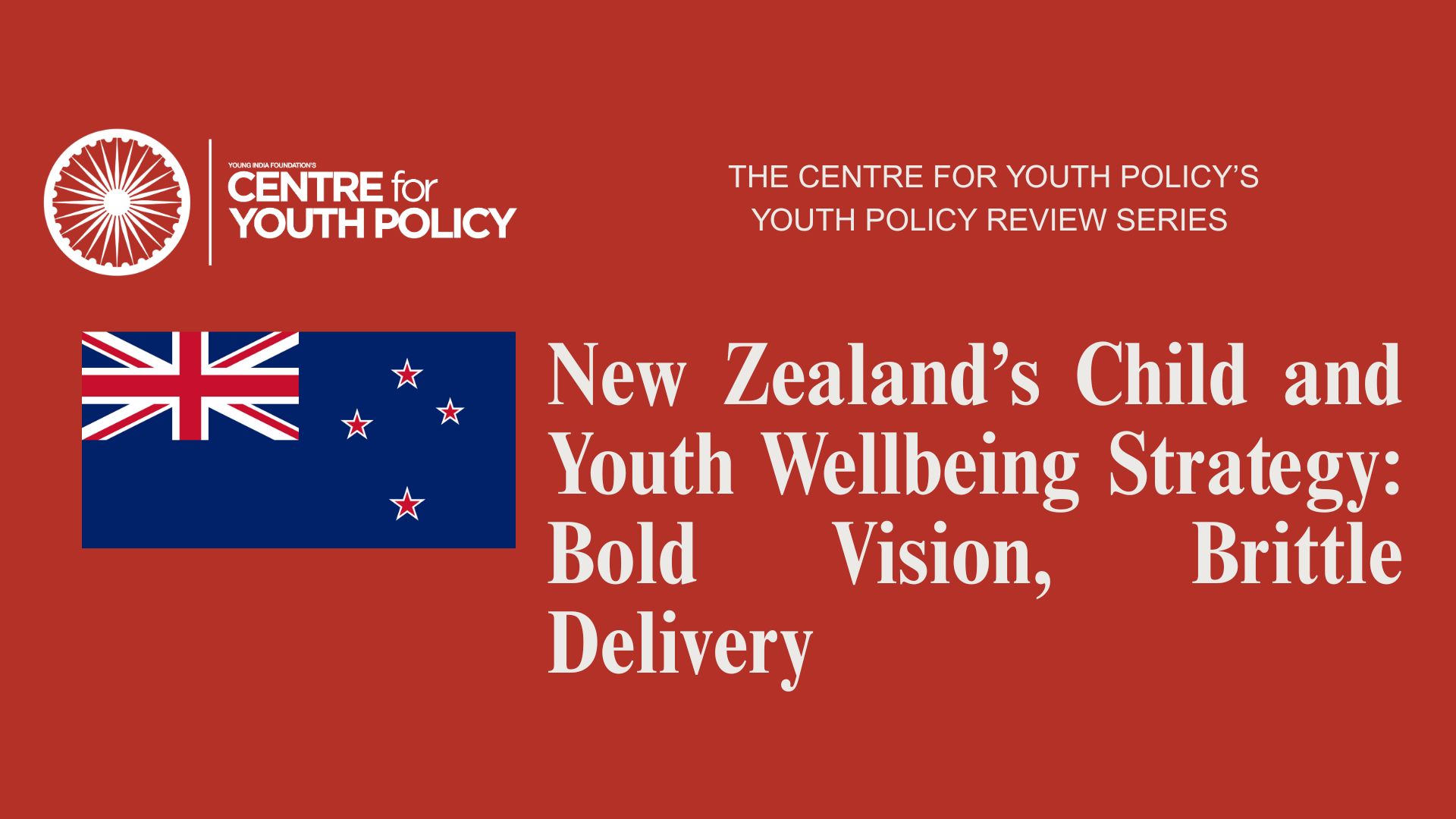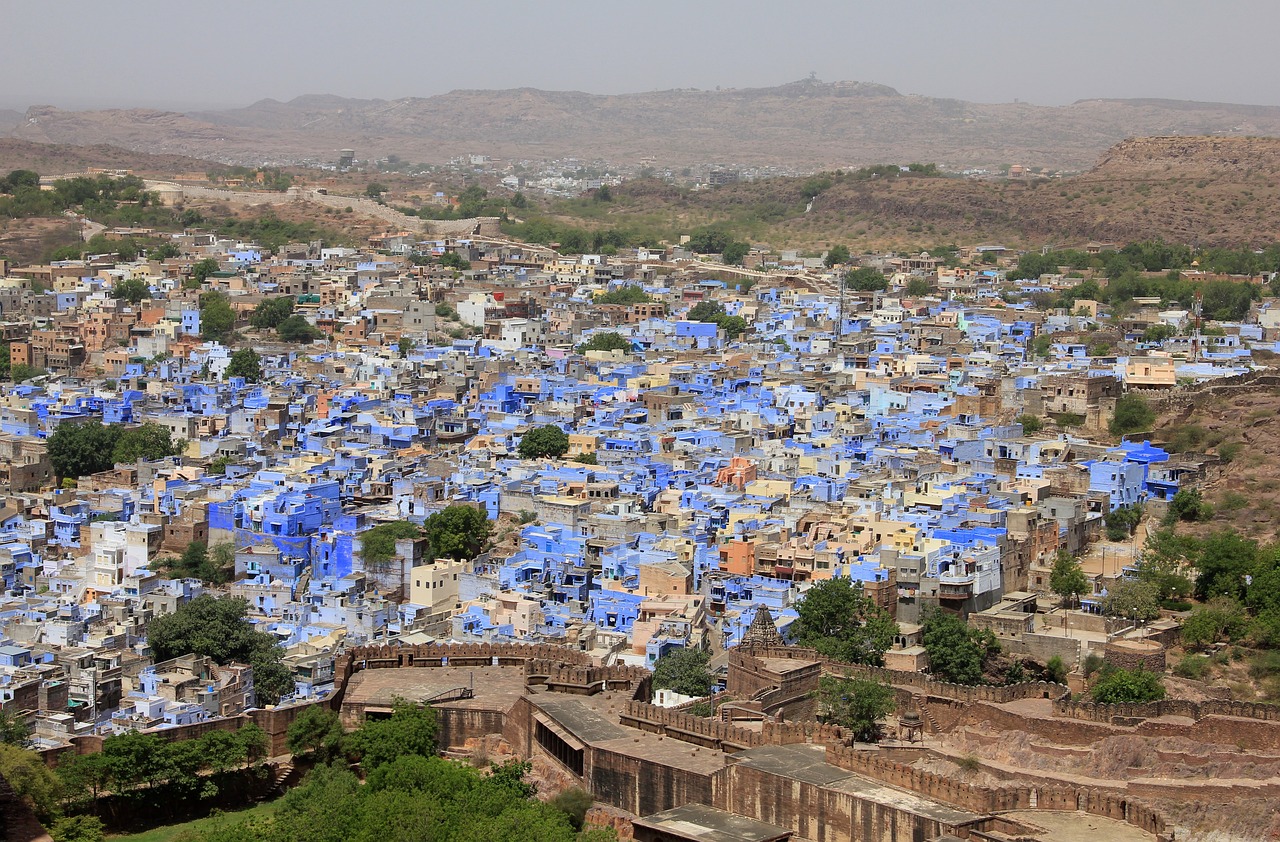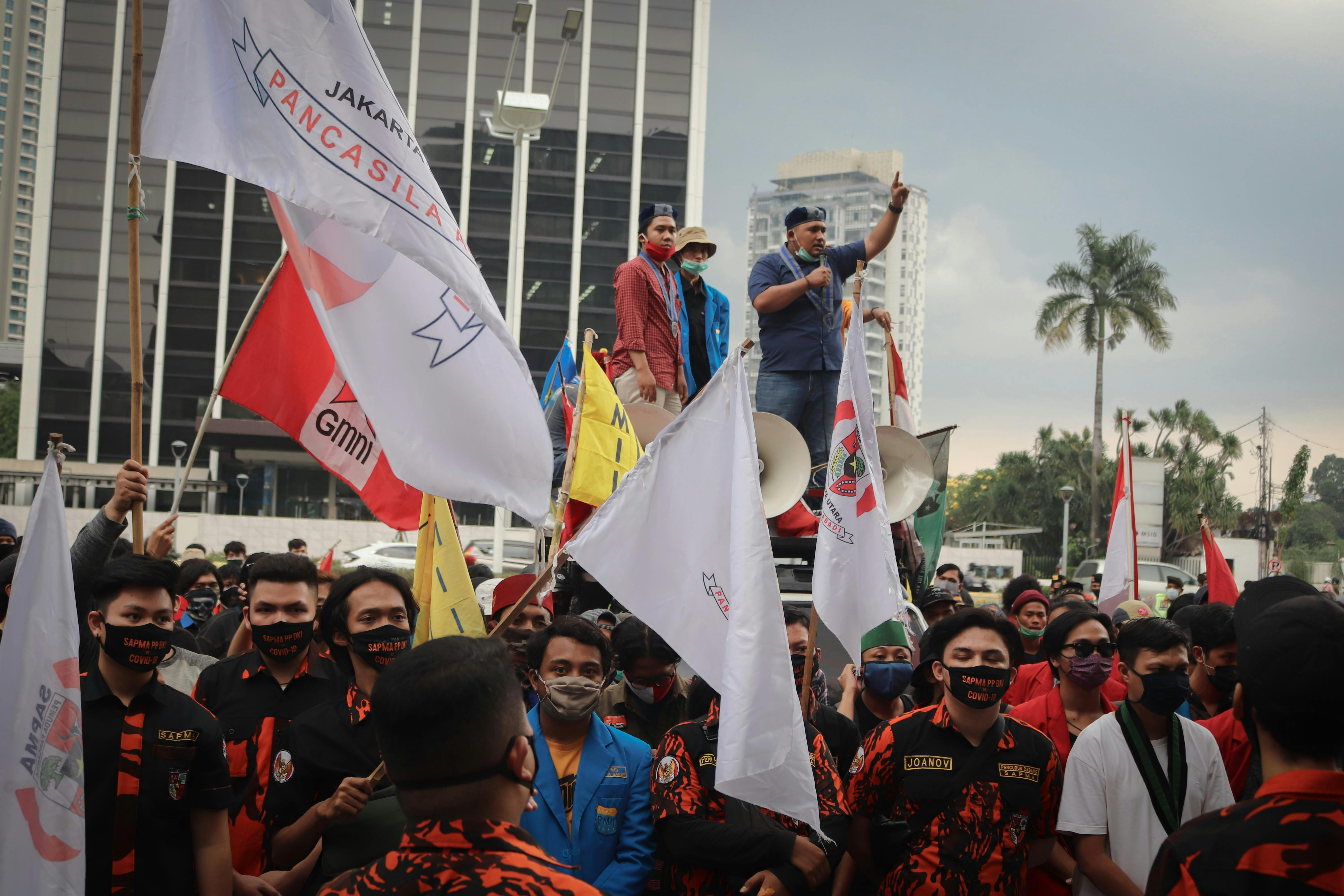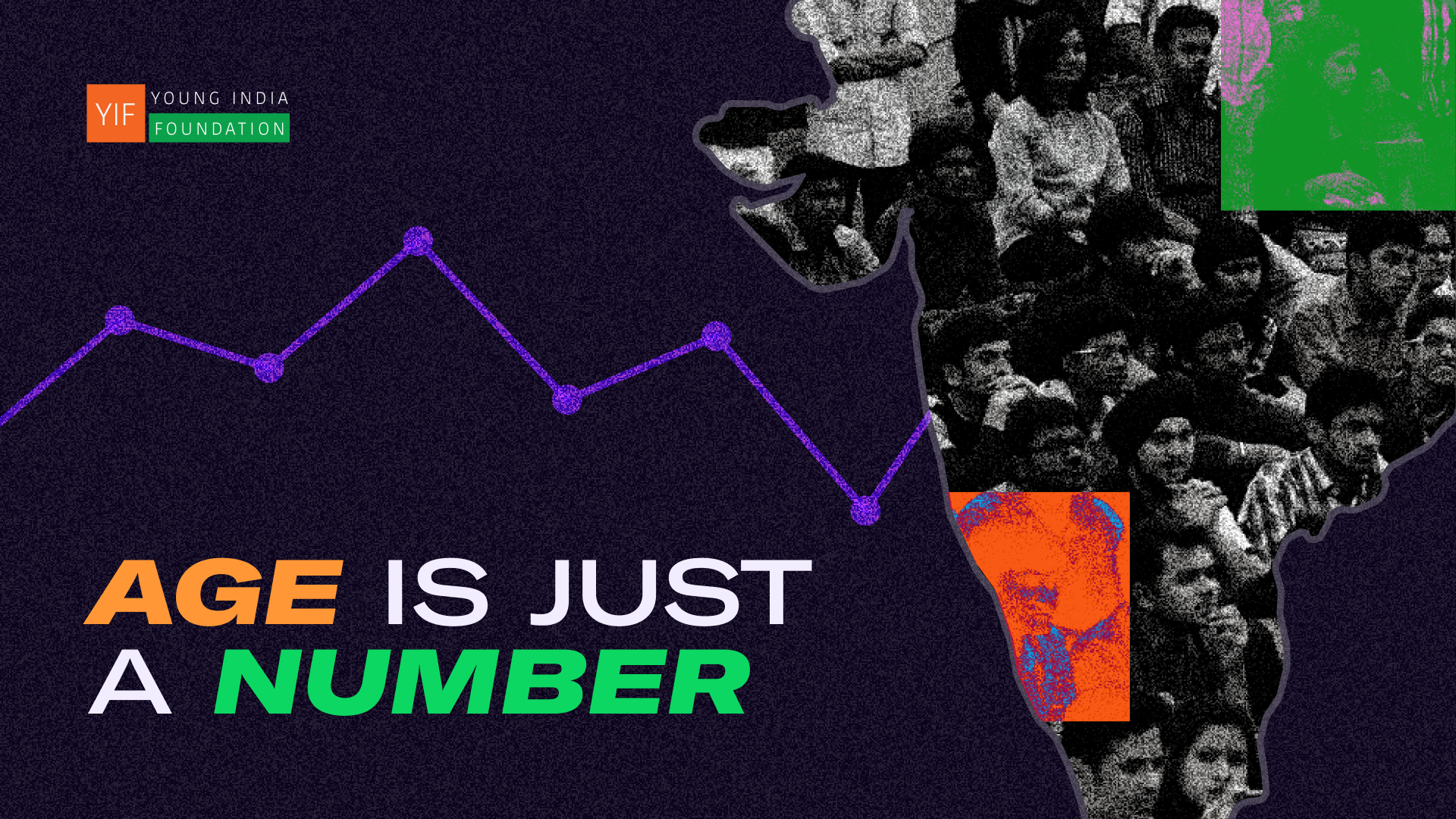Introduction
The election for the Rajasthan legislative assembly, scheduled on November 25, 2023, will determine the composition of 200 members. Rajasthan goes into elections together with four other states - Mizoram, Madhya Pradesh, Telangana, and Chattisgarh.
The Indian National Congress won the last assembly elections in December 2018, forming the state government and appointing Ashok Gehlot as chief minister. In August 2023, Gehlot expressed his vision that by 2030, Rajasthan is poised to emerge as a frontrunner among Indian states, owing to the forthcoming youth policy. He mentioned that the youth policy is on the verge of being unveiled, alongside establishing a Youth Development and Welfare Fund amounting to Rs 500 crore. The Press Information Bureau reports that the Ministry of Youth Affairs and Sports has received an increase in budget allocation to Rs. 3397.32 crores for the upcoming fiscal year 2023–2024.
Speaking at the 'Yuva Sankalp' state-level youth maha panchayat held at the Agricultural Research Centre, Gehlot emphasised how the youth policy is set to play a pivotal role in materialising the government's Vision 2030. The President of the Youth Board, Sitaram Lamba, presented the draft of the upcoming youth policy to the chief minister.
Rajasthan’s Youth and Youth Policy
The percentage of youth in the total population of Rajasthan by 2031 is projected to be 25.8%, according to the Youth in India 2022 report.
Rajasthan is one of the few states in India to have a Youth Board. The Rajasthan Youth Board is a legally recognised entity operating under the guidelines of the Rajasthan Institution Registration Act of 1958. The Youth Board is the primary governing body responsible for fostering youth development in the state. It falls under the purview of the Youth Affairs and Sports Department, focusing on the well-being, education, employment, skills, efficacy, character, and advancement of young individuals in science and technology.
The board proposes the following work to be done in the next five years
-
''New Youth Policy'', special focus on self-employment and sports.
-
“District Youth Empowerment Centres” will be opened.
-
Proposals for role selection for "Yuva Bhavan" in Jaipur.
-
Providing grants to non-governmental organisations and youth activities.
-
Preparing proposals for establishing “Youth Homes” in the remaining districts.
-
State-level youth award to the youth who have done excellent work in social and nation-building.
At the Yuva Sankalp mentioned before, Gehlot emphasised that his administration has made numerous significant strides to benefit the youth. He highlighted the state government's unwavering commitment to the well-being of young individuals, their employment prospects, and the enhancement of their skills. The chief minister also underscored the government's dedication to creating avenues for higher education. He noted that over the past four and a half years, a series of pivotal decisions had been made in favour of the state's youth. He further expressed that the state's budget has been prioritised to secure a promising future for the younger generation.
The Rajasthan Youth Board, with technical support from the United Nations Population Fund (UNFPA), has crafted a preliminary version of the new youth policy. Chief Minister Gehlot emphasised that this policy adheres to the Sustainable Development Goals and the fundamental rights outlined in the Constitution. The primary aim of this policy is to foster a conducive environment and offer appropriate opportunities for cultivating individuals who are not only healthy, proficient, and socially responsible but also ethically conscious, economically empowered, and actively engaged citizens contributing to the state's progress.
Rajasthan's Youth and Upcoming Elections
The 2018 Rajasthan elections demonstrated a prevailing dissatisfaction with the incumbent government, leading to the BJP's ousting, led by the then Chief Minister Vasundhara Raje. The ongoing tenure of the Rajasthan Legislative Assembly is scheduled to end on January 14, 2024.
Chief Minister Ashok Gehlot and his erstwhile deputy Sachin Pilot are on the ruling Congress's initial list of candidates for the crucial Assembly elections in Rajasthan. The party's initial roster has 33 candidates in all. During a press conference, Rajiv Kumar, the chief election commissioner, stated that Rajasthan had 5.25 crore registered voters.
As the country looks at the intense political happenings in Rajasthan, it is essential to note the issues that the youth of the state are facing that play an important role in the elections:
-
Exam paper leaks:
The recurrence of examination paper leaks in Rajasthan has almost become routine. No less than 14 exam paper leaks have affected approximately one crore young people in this current period. With as many as 48.92 lakh first-time voters in Rajasthan who can have a significant impact, their disappointment could pose a significant challenge for the Congress party.
-
Unemployment:
In the state of Rajasthan, the youth unemployment rate was 12.5%, higher than the national average. According to the Centre for Monitoring Indian Economy assessment from January 2023, Rajasthan has the second highest unemployment rate at 28.5% behind Haryana (37.4%). Rajasthan boasts a voter base of approximately 2.73 crore individuals aged between 18 and 39. There are roughly 1.32 crore voters aged 20 to 29 years, a segment that represents a significant portion of the workforce-eligible population.
-
Gender-based crime
The state has grappled with persistent issues related to crimes against women. During a press conference in July, Union Minister Anurag Thakur pointed out, "There have been a total of 33,000 cases of sexual assault on women in Rajasthan, yet the Gandhi family has not spoken out." Raje has asserted that most of these crimes against women have occurred within Rajasthan, contributing to over 10 lakh incidents in just 54 months. Notably, the state now boasts an extensive voter base of 2.51 crore women in this election.
The BJP is battling internal dynamics, and it’s possible effects on its leadership to work together, casting doubt on the outcome of the upcoming election in the state. The Congress party, meanwhile, stakes its electoral future on its welfare programmes. Anti-incumbency attitudes, worries about the quality of education, rising unemployment, and the general welfare of young people are essential driving forces. As they hold the power to influence the state's future in this crucial election, these pressing issues create concerns for first-time voters and a sizable portion of the population. The result is still eagerly awaited as voters consider alternatives amid these complex issues.




 (15).png)